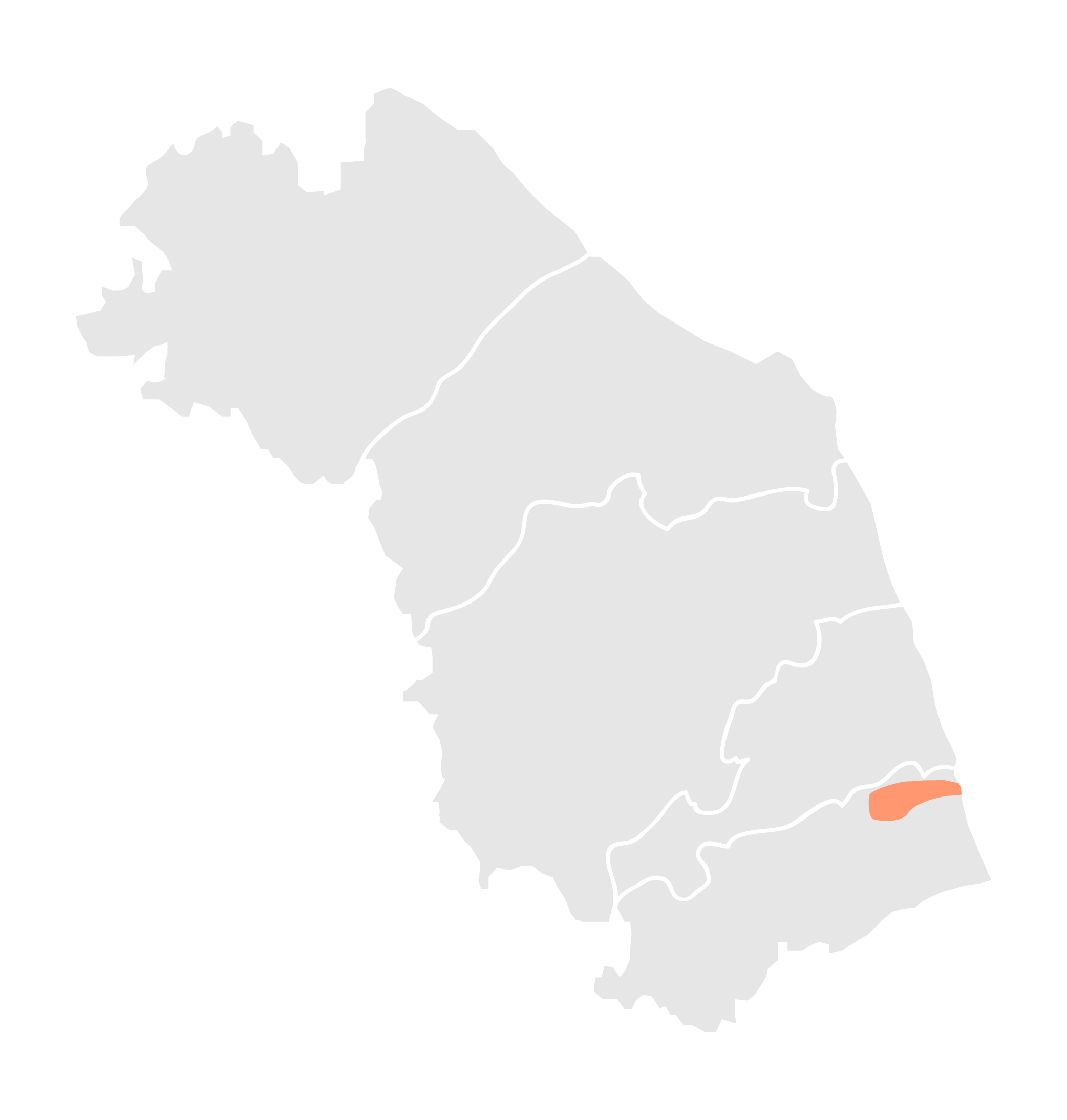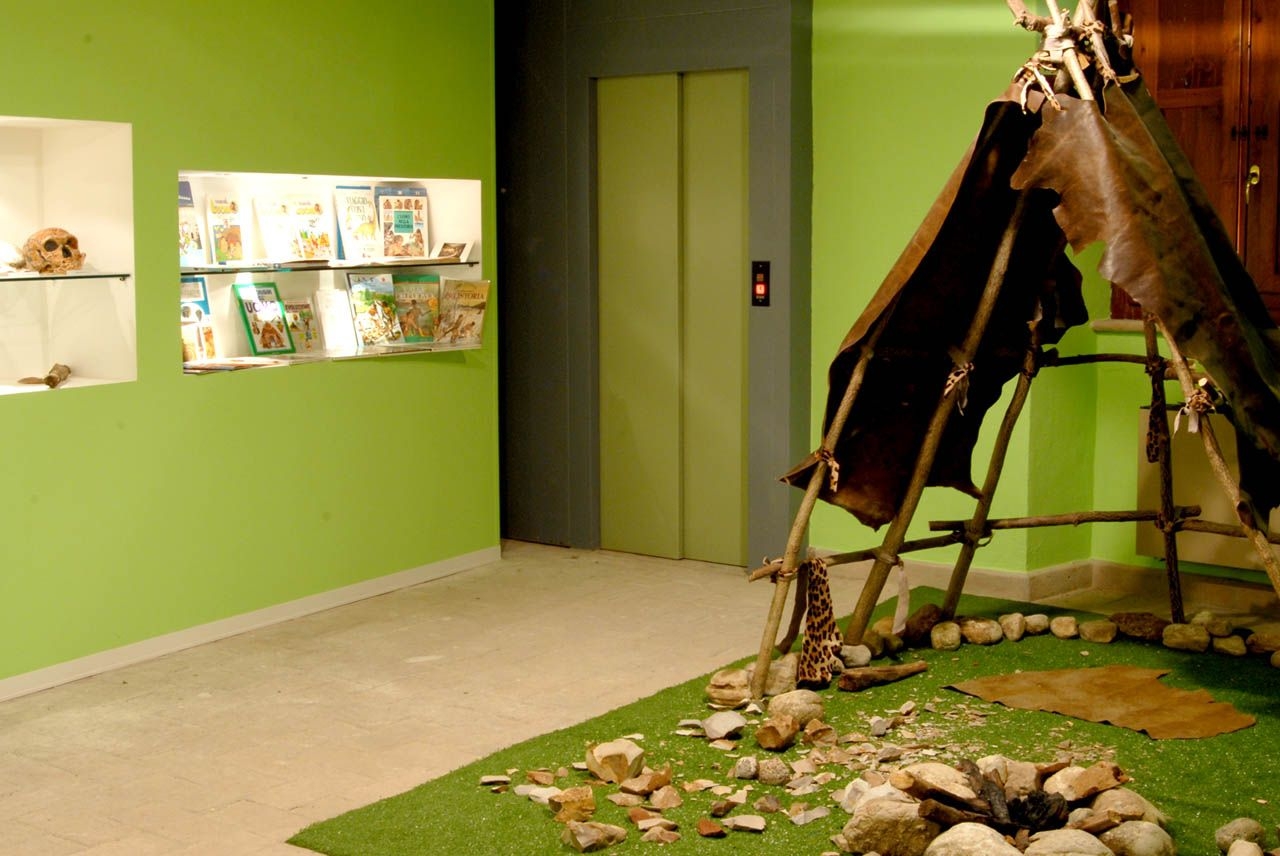
The Archaeological Museum of the territory of the township of Cupra Marittima is located in the ancient Palazzo Cipolletti, in the splendid Medieval village of Marano. On the ground floor of the palazzo is the rich collection of the Picene Era, featuring numerous artifacts that document the Picene aspects of the Cuprenses. The many finds document funerary rituals, dwellings and local productions in the period between 7th and 5th BC, when the presence of the sanctuary of the goddess Cupra had guaranteed enormous development to neighboring Picene villages. The wealth of the Cuprenses is evident in the grave goods, especially in female ones, rich in bronze and iron jewelery, and also in the variety of local products. In addition to the Picene section, the first floor also houses the reconstruction of a Capuchin grave, set up during the exhibition "Decouvrir l'Italie" which occupies the basement, where there are some Roman urns from the territory of Cupra Marittima. On the first floor is the Roman section, divided into three environments. All the finds come from the ancient city of Cupra Marittima, an important center on the Adriatic that flourished in the Imperial and late Antiquity. There are many testimonies from the area for this period, including fragments of ceramics, local and imported products, commonly used objects, amphorae, architectonic terracotta and reliefs. On the second floor of Palazzo Cipolletti is the Prehistoric section with finds from the territory of Cupra Marittima and a reproduction of a Prehistoric hut.
We have found no place to eat in the vicinity
We have found no place to sleep in the vicinity
Da Pesaro a San Benedetto del Tronto, lungo la costa Adriatica, alla scoperta dei principali porti e approdi frequentati dall’età del bronzo a oggi. Alla foce di fiumi e torrenti, entro piccole baie, promontori e grandi insenature, si svilupparono nell’antichità porti, porti canale, empori o semplici approdi. Questi scali furono il fulcro di una fitta rete di commerci marittimi che hanno dato vita a un intenso dialogo tra oriente e occidente, testimoniato dai ritrovamenti di reperti provenienti da tutto il bacino del Mediterraneo.
Narra la legenda che l’antico popolo dei Piceni arrivò dalla Sabina (regione montuosa tra Lazio, Umbria e Abruzzo) e si stabilì nel territorio ascolano seguendo il volo di un picchio, uccello sacro a Marte. Qui fondarono la loro capitale, l’odierna Ascoli Piceno, e occuparono tutto il territorio delle vallate del Tronto e del Tesino e, sulla costa, fondarono un grande santuario, dedicato alla dea picena Cupra. Questo itinerario vi condurrà in alcuni dei borghi più belli d’Italia, la cui storia affonda le radici negli antichi villaggi piceni.

|
Address | Via Castello 5 Cupra Marittima |

|
Phone Number | (+39) 0735776731 |

|
Opening Time | Giugno - Settembre: tutti i giorni tranne il lunedì dalle 17:00 alle 21:00. Periodo pasquale, natalizio e durante le altre festività. |

|
Visit Time | 30 min |

|
Entrance Fee | Gratuito |

|
Reservation Required | yes |

|
Viabilities | Salaria Picena |

|
Bookshop | yes |

|
Free Guided Tour | yes |

|
Guided Tour | si nel caso di visite su prenotazione al di fuori degli orari di apertura. |

|
Parking | no |

|
Disabled Accessibility | yes |

|
Audioguide | no |

|
Didactic Rooms | yes |

|
Conference room | yes |

|
English language | yes |

|
Public Transport | no |

|
Family Services | no |

